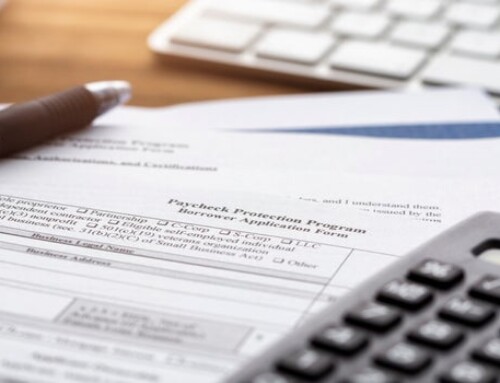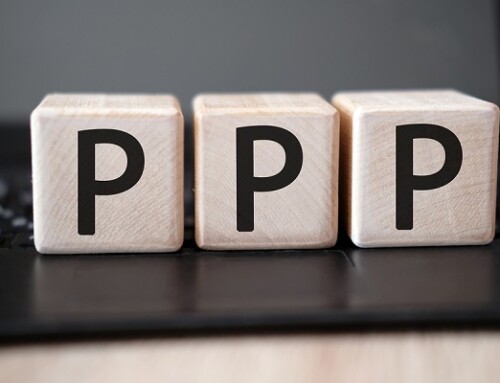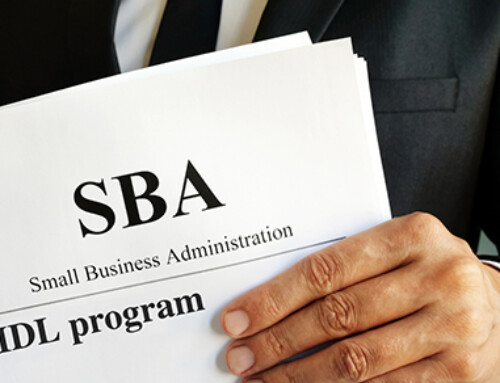Here’s a true tax story that you will find interesting.
John Henry is engaged in an IRS audit, and he has a big problem with his entertainment deductions.
John’s first visit with the IRS was unsatisfactory. He did not have any proof of his entertainment costs. The auditor allowed him to return for a second visit, at which point he would have the opportunity to prove his entertainment expenses.
John returned home and made extensive lists detailing entertainment in the past 12 months: who attended the events, when and where they occurred, and what was discussed. He showed these lists to the IRS auditor, but she did not like them.
She wanted proof of where the cash came from to pay for the entertainment. Since John did not spend any more than $75 on a single entertainment event, he didn’t need receipts because of the $75 rule. And John was using the $75 no-receipt-for-entertainment rule extensively.
Can the IRS require John to prove where he got the cash to pay for this entertainment?
Yes, if things look really fishy. We’ll get to that in a minute, but first we have to note that John started with a significant problem with his entertainment expenses.
The fact that John had to list after the fact the who, where, and why of his entertainment hoists the “give me trouble” flag. Generally, answering the questions above on a timely basis in your daily planner satisfies the five elements of support the auditor wants.
Now, the fact that the IRS auditor does not like John’s list stands to reason. First, he had to make up the record after the fact—in direct violation of the law. John is standing in “no deduction for this” land.
And then there is the fact that John has no receipts. John is right—the law does not require entertainment receipts for entertainment costing less than $75. But deducting lots of entertainment, all under $75, with no receipts appears suspicious. In fact, this is the “fishy” part.
Think of this: If John were in court with the conditions we have described, John would get zero deductions, because he failed the writing-it-down-within-a-week test (the timely records test). This auditor is not pushing that button, so John’s entertainment deductions are still alive.
John needs to remove the auditor’s suspicion that he did not make up this stuff. Can John tie his ATM and check cashing to the money he used for his entertainment expenditures? If so, that helps John prove that he had the cash in his hands to spend for the entertainment.
Since all the IRS auditor is looking for at this point is proof of where John got the cash, proving that he had the cash might end this matter, in spite of his fatal violation of the “timely” records requirement.





